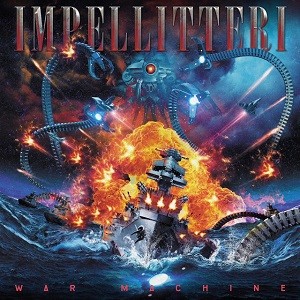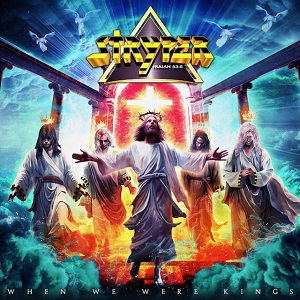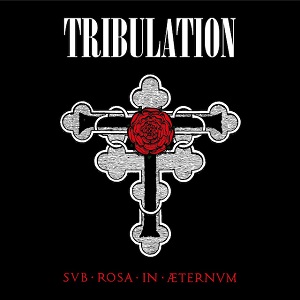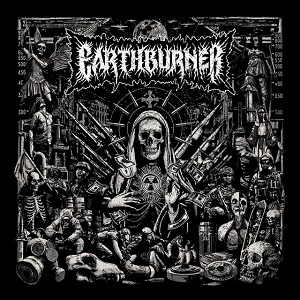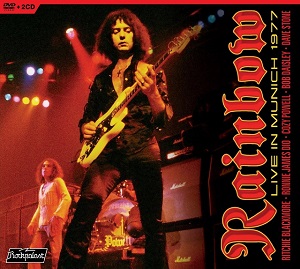QUIET RIOT Drummer FRANKIE BANALI - "Glenn Hughes Is The Greatest Singer Known To Me; No One Is Better"
February 4, 2007, 17 years ago
Swedish online publication Metal Shrine recently caught up with QUIET RIOT drummer Frankie Banali. The following is a brief excerpt from the interview:
Metal Shrine: Who were the main song writers on this album (Rehab) and did Tony Franklin or Neil Citron bring entire songs to the table or just ideas?
Banali: "I wrote the music along with guitarist Neil Citron for the songs 'Blind Faith', 'Old Habits Die Hard', 'In Harm's Way', 'Don't Think' and 'Wired To The Moon'. Kevin wrote two songs with guitarist Alex Grossi, and two with Michael Lardie, as well as writing on his own. Tony Franklin brought his magical bass playing to the songs but was not part of the song writing process. Tony is a marvelous bass player, my favorite bass player to work with and a wonderful person. Neil Citron I love to work with. His is a uniquely talented musician and a first class recording engineer."
Metal Shrine: What did Glenn Hughes bring to the songs 'Blind Faith', 'Old Habits Die Hard' and 'In Harm's Way'?
Banali: "Glenn Hughes wrote and co-wrote lyrics and melodies to those songs. Glenn is the greatest singer known to me, no one is better. He is also an amazing bass player. We were very fortunate to have had him be a part of the writing of lyrics and melodies for those songs but he did not write any of the music."
Metal Shrine: How does it work these days, did all of you record individually or were there times when you recorded live in the studio with all guys present?
Banali: "Well, no one really records everything together. It hasn't been that way for decades for the most part. We were all in the studio together playing at various times, but the drums were the only thing that was kept and everything else was overdubbed over time and in different sessions. The exception was Tony Franklin who did all his tracks at his own studio and Glenn did his vocals and bass on the day we worked on 'Evil Woman' which at that point was musically complete except for the bass track."
To read the entire interview go to this location.






